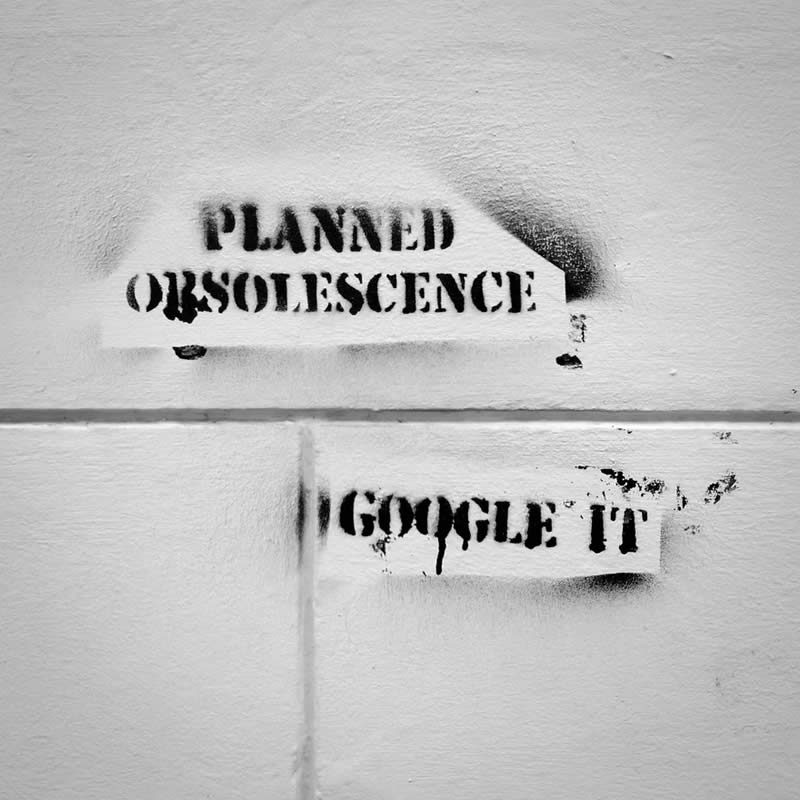Therapy isn’t only for clever people; it’s something that almost everyone should do at least once in their life. Many of us were raised to believe that internal matters should be kept private and pushed under the rug. This is, without a doubt, the worst thing you can do to yourself.
Suppressing your feelings and failing to address psychological difficulties – particularly major suffering or abuse in the past – may lead to a slew of consequences. If you need further evidence, consider that depression is a significant contributor to the global burden of illness, the largest cause of disability globally, and the cost of vast sums in lost productivity each year.
1. The Impact of Therapy Lasts for a Long Time

Among the essential benefits of talk, therapy is that it has a long-term effect. This is because you’re not only battling through problems, but you’re also honing the skills you’ll need to cope with them in the future. The favorable improvements continue to expand over time as if part of the work is further solidified after treatment is stopped. This makes perfect sense since it implies that we keep thinking about, speaking about, and conveying sentiments about our inner life via the reflected lens following therapy.
2. Physical Symptoms are also Addressed
 Physical symptoms may be triggered by psychological trauma or simply general boredom, and depression and anxiety are widely recognized to have major and often devastating physical impacts. Therapy may be effective in alleviating such issues. A few studies have demonstrated that treatment may help people with a variety of physical illnesses. People’s bodies frequently respond when they don’t express their sentiments but swallow them and leave them hidden and out of conscious thought.
Physical symptoms may be triggered by psychological trauma or simply general boredom, and depression and anxiety are widely recognized to have major and often devastating physical impacts. Therapy may be effective in alleviating such issues. A few studies have demonstrated that treatment may help people with a variety of physical illnesses. People’s bodies frequently respond when they don’t express their sentiments but swallow them and leave them hidden and out of conscious thought.
If you are one that loves to work out, you may not notice when you need to talk to someone. But if you see your PB monitoring changing, you need to seek help. Especially if you’ve recently gone through something depressing.
3. To Avoid Being Haunted by Psychological Issues in the Future
 The most important disadvantage of not talking about things is that unspoken emotions and traumas may accumulate and burst later. Many individuals fear discussing their thoughts concerning a variety of topics. However, suppressing or dampening one’s sentiments does not make them go away.
The most important disadvantage of not talking about things is that unspoken emotions and traumas may accumulate and burst later. Many individuals fear discussing their thoughts concerning a variety of topics. However, suppressing or dampening one’s sentiments does not make them go away.
They stay and fester, only to burst when a seemingly benign remark is uttered. Even if you don’t go into a full-fledged breakdown later, failing to adequately process events and feelings may lead to negative thinking patterns that affect every aspect of your life, including your interactions with your spouse, relatives, children, colleagues, and even yourself.
Work stress can also contribute to a meltdown. For instance, if you and your supervisor at the production division are having contrasting issues over your molecular sieve for oxygen concentrator supplier, if you have other impending issues with him/her, it might not end very well.
4. Passive-Aggressive Gimmick Will Become Obsolete
 It is processed when you go through old (or new) anger, so it doesn’t have to come out passive-aggressively anymore. Rather than being more straightforward and less confrontational, angry sentiments are frequently conveyed passively-aggressively. Someone who feels slighted can retaliate with a snarky comment or ‘forget’ the appointment by not showing up at the agreed-upon hour. So ditch the passive-aggressive mode of communication; your family and friends will appreciate you.
It is processed when you go through old (or new) anger, so it doesn’t have to come out passive-aggressively anymore. Rather than being more straightforward and less confrontational, angry sentiments are frequently conveyed passively-aggressively. Someone who feels slighted can retaliate with a snarky comment or ‘forget’ the appointment by not showing up at the agreed-upon hour. So ditch the passive-aggressive mode of communication; your family and friends will appreciate you.
5. It Will Offer You a Fresh Outlook on Other People
 One of the best things about counseling is that it not only assists you to comprehend yourself but also other people. When we don’t analyze negative ideas, they get embedded in our minds, and we perceive the world through that lens – making a lot of implications that may or may not be accurate. It’s a lot simpler to grasp people’s goals and motives when you don’t have the confusion of your own (often incorrect) preconceptions.
One of the best things about counseling is that it not only assists you to comprehend yourself but also other people. When we don’t analyze negative ideas, they get embedded in our minds, and we perceive the world through that lens – making a lot of implications that may or may not be accurate. It’s a lot simpler to grasp people’s goals and motives when you don’t have the confusion of your own (often incorrect) preconceptions.
6. It Prepares You for Future Adversity
 Knowing how to cope with major and minor difficulties in a healthy manner is necessary since they will arise from time to time. Everyday life is full of conflict. It’s beneficial to be mindful of one’s sentiments while dealing with conflict. You are certain to sense anger and conflict if, for instance, you are unhappy with your employer for stacking up tasks for you as you prepare to leave.
Knowing how to cope with major and minor difficulties in a healthy manner is necessary since they will arise from time to time. Everyday life is full of conflict. It’s beneficial to be mindful of one’s sentiments while dealing with conflict. You are certain to sense anger and conflict if, for instance, you are unhappy with your employer for stacking up tasks for you as you prepare to leave.
You’ll be in a better position to settle the issue if you focus on what’s occurring outside and within your increasing anger, aggravation, and worry of jeopardizing your job if you respond no.
The Bottom Line
People are beginning to speak more openly about their challenges and mental health concerns. The stigma seems to be dissipating, although slowly. Go ahead and get counseling if you believe it will help you.
If you can’t, speak to your friends about it; they’ll be pleased you did, and it could inspire others to do the same. It’s likely to help start some crucial conversations. But while at it, remember to keep safe. Good luck!




